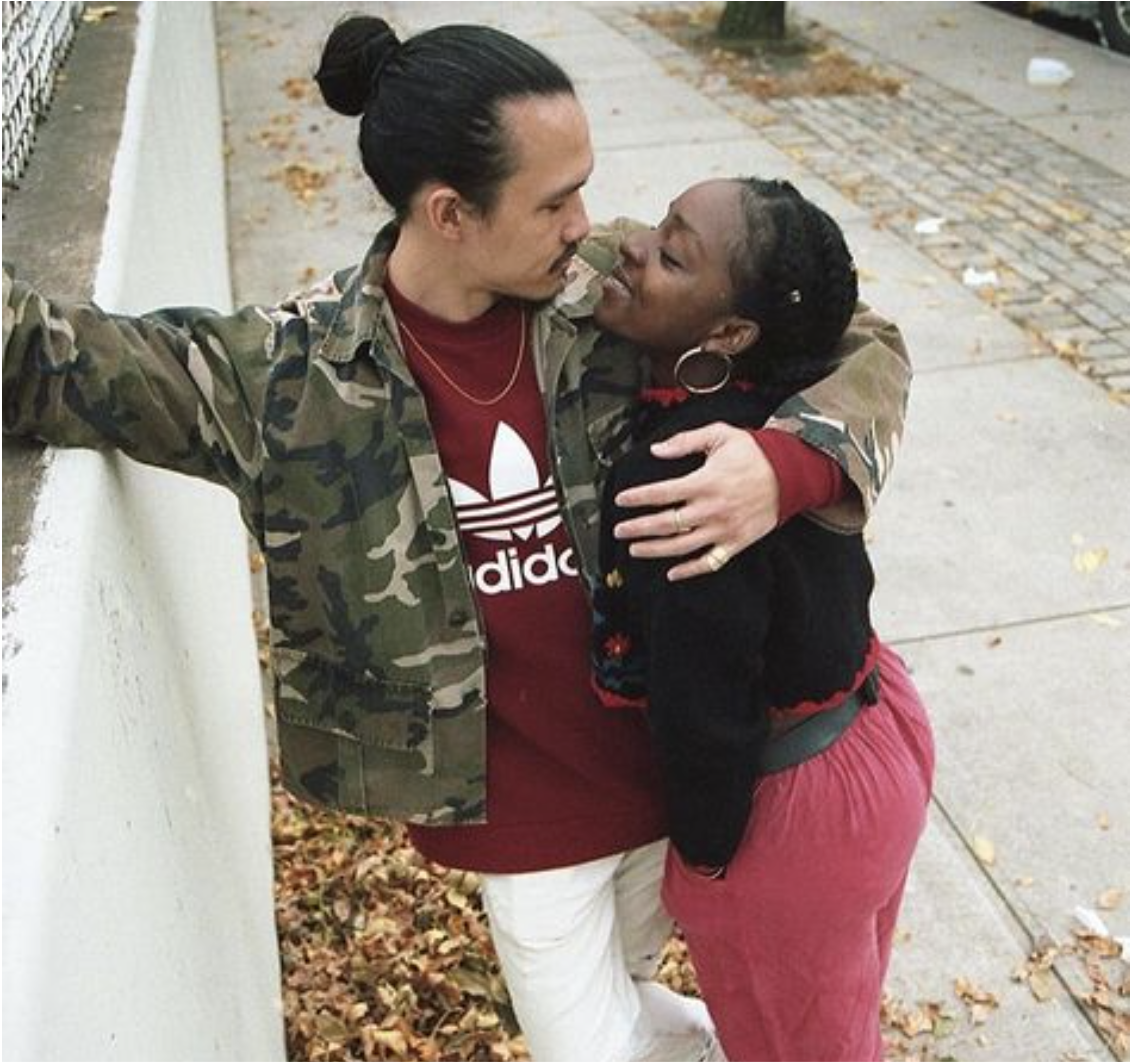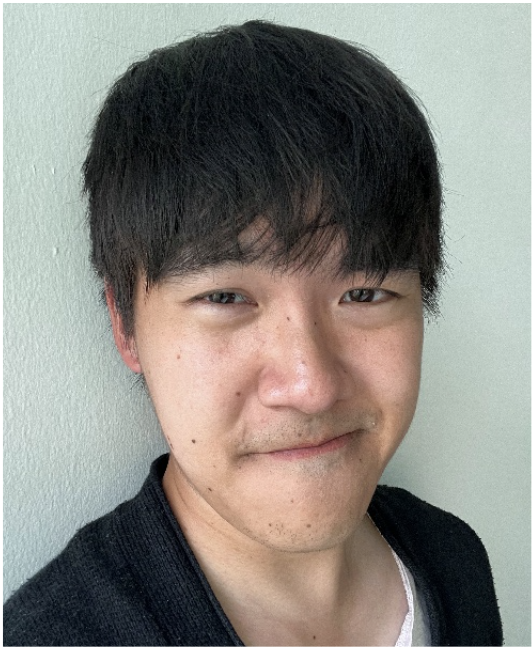Who We Choose and Why: Internalized Racism, Resistance, and Asian American Men’s Dating Preferences
What shapes the dating preferences of Asian American men? In their recent article in Psychology of Men & Masculinities, Dr. Thomas Le, Dr. Aimee Chan, and Dr. Lydia Ahn examine how internalized racism and resistance and empowerment against racism relate to patterns of attraction across racial groups. We recently sat down with Dr. Le to discuss how these dating preferences may reinforce or resist racial hierarchies, and why they merit more attention in psychological research (full cite below).
Le, T. P., Chan, A. C., & Ahn, L. H. R. (2025). Love isn’t colorblind: Internalized racism, resistance and empowerment against racism, and Asian American men’s racialized dating preferences. Psychology of Men & Masculinities, 26(1), 27–34. https://doi.org/10.1037/men0000492
What were the key questions you were addressing in this article?
In this research article, we investigated the extent to which internalized racism and resistance and empowerment against racism were associated with racial dating preferences among Asian American men (i.e., a preference to date Asian women, Black women, Latina women, or White women). More specifically, internalized racism refers to the extent to which these participants had negative feelings about being Asian American, whereas resistance and empowerment against racism is conceptualized as the extent to which participants took tangible action to fight racism and promote racial justice.
What were the main conclusions of your article?
Our results showed that internalized racism was negatively associated with a dating preference toward Asian and Black women. Greater resistance and empowerment against racism was positively associated with a dating preference toward Asian, Black, Latina, and White women. We also found that participants were more likely to prefer dating Asian women compared to Black, Latina, and White women; more likely to prefer dating White women compared to Black and Latina women; and more likely to prefer dating Latina women compared to Black women.
What are the key implications of your article for research, policy, or practice?
Our study supports the idea that sociocultural and psychological factors such as internalized racism and resistance and empowerment against racism may affect who Asian American men decide to date. Future research studies may examine how additional relevant factors (e.g., internalized model minority myth, internalized anti-Black attitudes, racial collective self-esteem) are associated with Asian American men’s dating preferences. Future research may also strive to examine not just stated reported but actual dating behaviors, such as the number of dates or intimate encounters participants had with different groups of women. In terms of practice, clinicians and interventionists may encourage Asian American men to engage in self- reflection about the extent to which they possess internalized racism or whether they practice resistance and empowerment against racism – and how these factors may be associated with who they are interested in dating.
Where do you see this line of research heading in the future (i.e., what’s next)?
I hope that other researchers will feel more comfortable investigating what factors are associated with racial dating preferences, or even a lack of racial dating preferences among Asian American men and other populations as well. From a strengths-based perspective, I would love to see research that investigates what factors may promote healthy relationships among Asian American men and their romantic partners, especially those who are also from marginalized or underrepresented racial backgrounds.
How did you become interested in this line of inquiry?
On a personal level, my experience as a queer Asian American genderqueer man informed this research, as I observed some fellow Asian Americans who preferred to date White people over people of color, and I was curious about what psychological factors may contribute to that. At the same time, I noticed other Asian Americans who wanted to date fellow Asian Americans, or other people of color, or had no racial dating preference. Concurrently, I noticed that Asian Americans’ racial dating preferences were becoming somewhat of a “hot topic” in online and public discourse. I wanted to apply my skills as a researcher to provide an empirical, data-based examination of these topics.
One thing that is interesting to note is that in public discourse, I often see people comment that it is unfair or inappropriate to judge or comment on who people decide to date. While I sympathize with the notion of wanting to avoid judgment, I also think it is important that we promote more nuanced, critical conversations about racial dating preferences. There is growing research and attention paid toward how race and racism affects the lives and choices of Asian Americans broadly – such as why some Asian Americans support or do not support affirmative action, or why some Asian Americans vote for conservative political candidates or democratic political candidates. Similarly, who we date is a choice that we make. Of course, dating and relationship formation are complex processes that involve multiple factors, so it would be reductionist to say that it is solely internalized racism or resistance and empowerment against racism driving these decisions. Still, my hope is that with the research my collaborators and I have published on these topics, we can promote more open conversation about how race affects dating and relationships, especially in a political climate that is trying to repress ideas related to race, power, and privilege.
Thomas P. Le, Ph.D.
They/them/theirs
Assistant Professor of Psychology
Bryn Mawr College
101 North Merion Ave.
Bryn Mawr, PA 19010-2899
tple@brynmawr.edu


